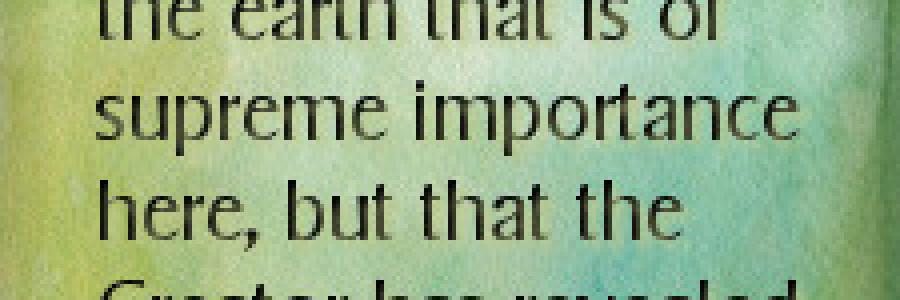Answering Richard Dawkins, Part 1
I appreciate Dr. Richard Dawkins’ impassioned arguments against creationism, as he challenges his listeners and readers to think through their positions and to offer sound reasons for their conclusions. My focus here is not to argue against his atheism, but is to answer his arguments that creationism is not a plausible understanding of our origin history. Sadly, it appears that Dawkins won’t be debating any creationists in the near future, as he is reluctant to give “wingnuts the oxygen of publicity and the respectability of being seen on a platform with a real scientist, anywhere.”1 Nonetheless Dawkins, in the context of discussing the Ken Ham, Bill Nye debate on creationism, offers five points of candid and insightful advice to “anyone who, for one reason or another finds him/herself debating one of those idiots.” In this series I, Wingnut, consider Dawkins’ five-pronged critique of creationism.
Dawkins Argument #1
Physical scientists (such as Bill Nye) should play to their strengths in physical science and call the wingnut out on the age of fossils, and cosmological evidence on the age of the universe. Radiometric dating of rocks is solid, irrefutable science. The agreement between different isotopes with overlapping time spans is so strong, it is impossible for anyone to wriggle out of the conclusion that the world is billions of years old, not thousands. Astronomical evidence of the expanding universe agrees.



Discussion